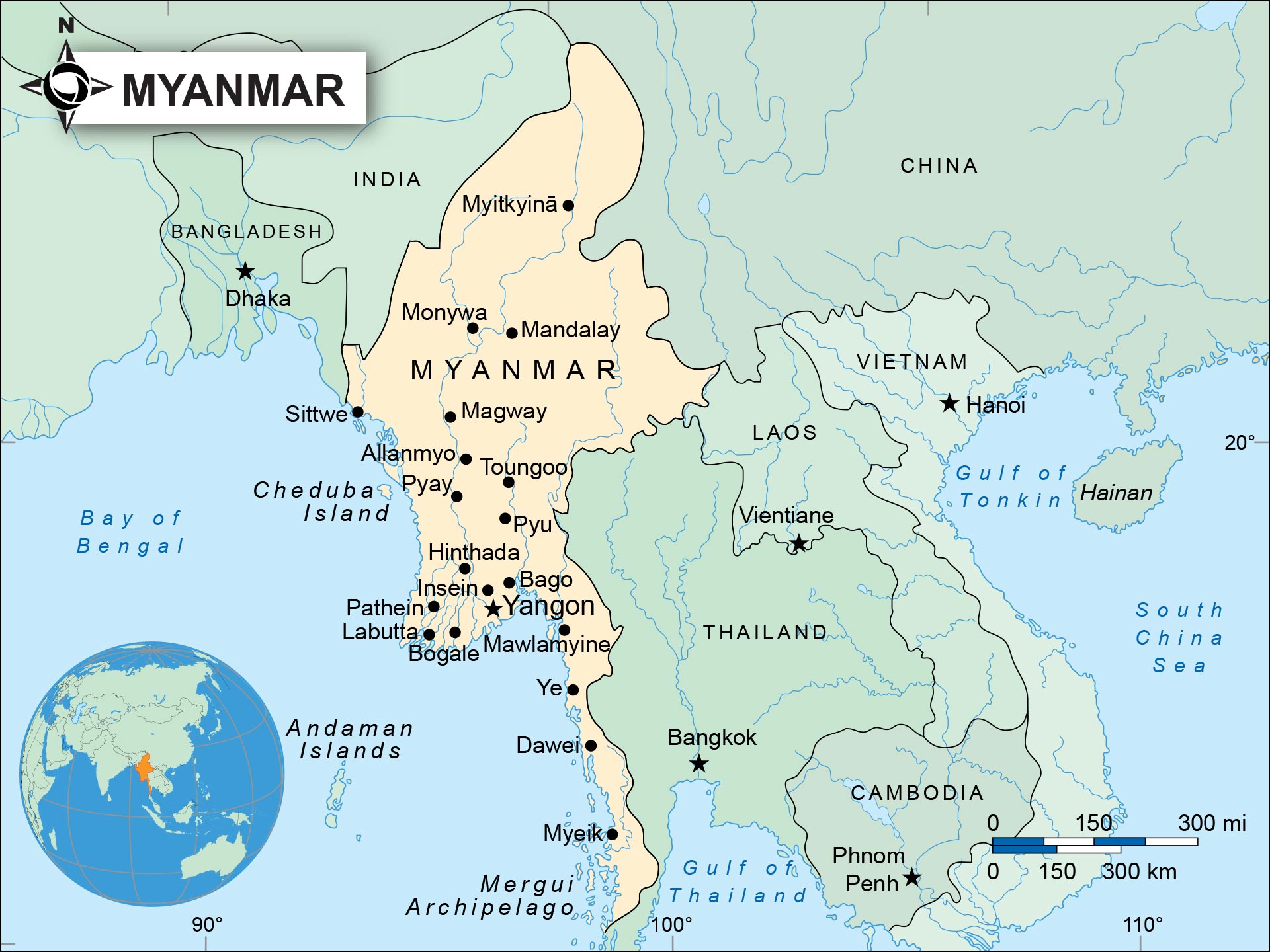

Like many Buddhists, most Myanmar believe in karma. This force, generated by one's actions in the present life, determines the nature of one's next life; good deeds bring good fortune, evil deeds bad fortune. The pursuit of revenge is considered evil. Consequently, Myanmar often react to problems (such as others causing them harm) with a laid-back approach characterized by the saying Shi-par-say-taw (Let it be). Myanmar generally respect people who are generous, calm, and friendly. They hold the elderly, educated, and spiritually accomplished in high esteem.
In Myanmar, a person's life is generally categorized into three phases or steps, with respective duties and obligations. Children are responsible for pursuing education. Adults are expected to earn a living and marry. The elderly have religious duties—practicing meditation, keeping the Sabbath, and performing acts of charity.
The attribute ah-nar-deh is often described as a national characteristic. Roughly translated as “having consideration for others,” it describes the reluctance to bring about a loss of face or to cause trouble or inconvenience. For example, ah-nar-deh manifests itself when older people do not disclose their infirmities to their children, an individual hesitates to point out the mistakes of a senior, or people do not help themselves to more food, even when hungry. Ah-nar-deh results in a preference for quick, nonconfrontational solutions instead of radical change.
"Myanmar: General Attitudes." CultureGrams Online Edition, ProQuest, 2018, online.culturegrams.com/world/world_country_sections.php?cid=198&cn=Myanmar&sname=General_Attitudes&snid=6. Accessed 12 October 2018.

"Political Map." World History: The Modern Era, ABC-CLIO, 2018, worldhistory.abc-clio.com/Search/Display/311526. Accessed 12 Oct. 2018.

"Infographic of Myanmar." CultureGrams Online Edition, ProQuest, 2018, online.culturegrams.com/world/world_popup_infographic.php?scountryname=Myanmar&id=&refername=&type=World. Accessed 12 October 2018.